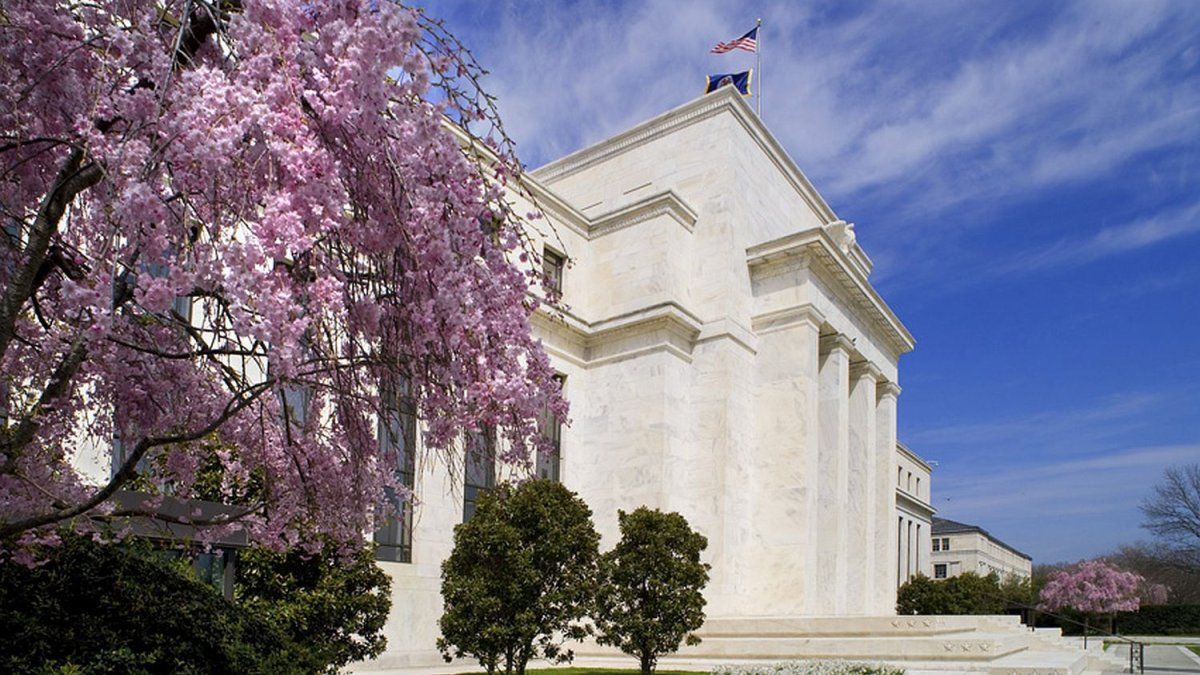This series of articles analyzes the deep Crisis of democratic legitimacy that Argentina is going through under the government of Javier Milei. From an interdisciplinary approach that combines contributions from political science, sociology and political economy, tensions between the electoral promise of a radical transformation and the specific effects of an economic and political program that have eroded the basis of the democratic pact built in the last forty years are examined. The central hypothesis argues that the Milei government does not only represent an ideological turn, but a radical experiment that combines economic dogmatism, affinity with the global extreme right and a style of government that is sustained in repression, misinformation and capture of the State for private financial interests.
The analysis is structured in several that address: (1) the decline of the democratic performance of the elections and the representation deficit (Rosanvallon, 2017); (2) the imbrication between the libertarian economic program, the dependence with Wall Street and the role of local financial actors; (3) The radicalization of the Argentine right and the process of “political dechic” conceptualized by Grimson (2023); (4) the proliferation of hate speeches in the digital public sphere and its impact on democratic coexistence (Ipar, Villarreal, Cuesta & Wegelin, 2022); (5) the governance crisis and the growing resource to repression as a control mechanism; and (6) the institutional exits contemplated in the National Constitution as a horizon to overcome a political maze that puts democracy itself at risk.
On December 10, 2023, in coincidence with the commemoration of the forty years of uninterrupted democracy in Argentina, Javier Milei assumed. That day, Argentine society celebrated an historic milestone, the consolidation of the deeper democratic period since 1983. However, the same act meant the inauguration of an unprecedented political, economic and institutional uncertainty stage. Unlike other alternation processes, the arrival of Milei to power did not only suppose the replacement of one political force on the other, but the irruption of a project that defines itself as “libertarian” but that, in practice, combines features of extreme neoliberalism, discursive authoritarianism and an inextricable link with local and international financial interests (Grimson, 2023).
The paradox is evident; While the electoral ritual conferred to Milei legitimacy of origin, its first government decisions and the radicality of its program called the legitimacy of exercise. In terms of Rosanvallon (2017), contemporary democracy can no longer be reduced to a “authorization democracy” based on periodic elections, but also requires a “exercise democracy” capable of sustaining ties of trust, effective representation and recognition between rulers and citizens. When those links break, democratic legitimacy is rapidly eroded. In Argentina, that process seems to have accelerated from the very beginning of the libertarian government.
The analysis of this phenomenon requires an approach that transcends the situation. It is not just about evaluating specific economic measures, such as abrupt liberalization of prices, the contraction of public spending or partial dollarization of financial transactions. The challenge is to understand how these policies are articulated with a discursive and symbolic framework that redefines the very notion of democracy. As Grimson (2023) warns, the extremely contemporary right is characterized by its ability to naturalize violence, normalize contempt for the political adversary and promote a clarry climate that undermines the foundations of democratic coexistence.
In this framework, the digital public sphere plays a central role. Recent studies have shown how the proliferation of hate speeches in social networks not only reflects pre -existing tensions in society, but also amplifies and radicalizes, generating a climate of intolerance that hinders any possibility of democratic deliberation (Ipar, Villarreal, Cuesta & Wegelin, 2022). This phenomenon is not exclusive to Argentina, but acquires particular relevance in a country with a tradition of intense social mobilization and with recent memories of political violence.
The Milei government is also crossed by a unique trait; Its strong dependence on a reduced nucleus of financial officials and advisors with close links with international banks and capital market actors. The Minister of Economy, Luis Caputo, symbolizes this imbrication between State and Finance, in which private interests are confused with public policy decisions. This dynamic reproduces what Callon (1998) called sociotechnical networks; Webts where economic, political and technological actors are articulated to produce specific effects of power. However, these networks can become unstable and escape the control of those who designed them, especially when the conflict of interest between the public and the private becomes too evident.
The hypothesis that guides this work argues that Javier Milei’s government is going through a crisis of democratic legitimacy that places it in a “labyrinth without exit.” The radicality of its economic program, the violence of its political discourse and the repression exercised by its Minister of Security, Patricia Bullrich, are symptoms of a model of government that fails to consolidate as democratic in the full sense. On the contrary, it approaches what Rosanvallon (2017) calls a “liberal authoritarianism”: regimes that, under the appearance of defending market freedom systematically, systematically erode the mechanisms of representation, participation and recognition of citizens.
This series of articles is organized in six chapters. The first examines the crisis of democratic representation and legitimacy, taking up the theoretical framework of Rosanvallon. The second focuses on the libertarian economic program and its dependence on financial markets. The third analyzes the radicalization of the Argentine right in the context of the global “political dechief.” The fourth studies the proliferation of hate speeches in the digital public sphere and its impact on democratic coexistence. The fifth explores the governance crisis and the growing resource to repression as a control mechanism. Finally, the sixth raises the possible institutional exits provided in the National Constitution as a democratic alternative to overcome the current crisis.
Together, the article seeks to demonstrate that the Milei government does not constitute an episode more of political alternation, but a turning point that challenges the foundations of Argentine democracy. The risk is not only economic or institutional, but civilizational; the possibility of Argentina becoming a neoliberal authoritarianism laboratory. Given this scenario, the defense of democracy requires a critical reflection and institutional action that allow recovering the lost democratic horizon.
Doctor of Political Science
Source: Ambito
David William is a talented author who has made a name for himself in the world of writing. He is a professional author who writes on a wide range of topics, from general interest to opinion news. David is currently working as a writer at 24 hours worlds where he brings his unique perspective and in-depth research to his articles, making them both informative and engaging.




